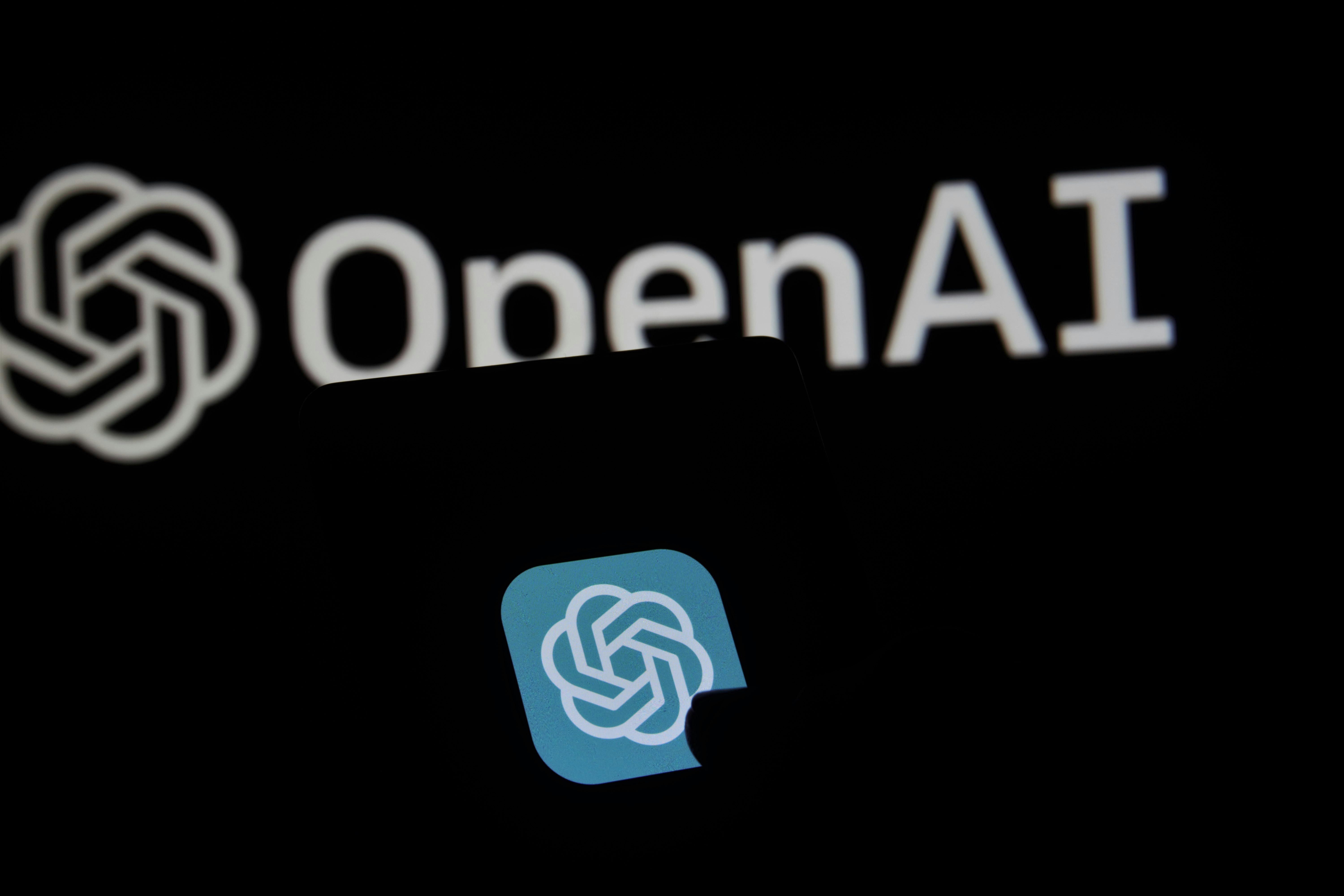The BICA AGENCY
Ai- Lead Generation & Creative Services
Inbound + Outbound Marketing
Websites + Funnels
Social Media Advertising + Management
An Official Partner of ContractSoft

How AI is Changing The World: From Science Fiction to Reality
Unveiling the Power of AI
In the ever-evolving landscape of technology, one innovation has emerged as a game-changer - Artificial Intelligence (AI). Once confined to the realm of science fiction, AI is now a living, breathing reality that is reshaping industries and our lives in profound ways. In this article, we will delve into the remarkable transformation AI has ushered in, exploring its impact on various sectors and its potential for the future.

The Evolution of AI: From Concept to Implementation
The journey of AI from conceptualization to implementation has been nothing short of astonishing. Initially portrayed as an otherworldly idea in movies and books, AI has grown into a robust and versatile tool that mimics human intelligence. This evolution is attributed to advancements in machine learning, a subset of AI that enables systems to learn from data and improve their performance over time.
Transforming Industries: AI's Wide-reaching Influence
Healthcare: Revolutionizing Diagnostics and Treatment
AI has found its stride in healthcare, revolutionizing diagnostics and treatment. Through sophisticated algorithms, AI analyzes medical data with unprecedented accuracy, aiding in early disease detection and personalized treatment plans. For instance, AI-powered imaging tools can detect subtle anomalies that might evade human eyes, leading to more precise diagnoses.
Finance: Enhancing Decision-Making and Security
In the financial sector, AI has become a trusted ally in enhancing decision-making and security. Machine learning algorithms analyze market trends, helping investors make informed choices. Moreover, AI's ability to detect unusual patterns enables rapid fraud detection, safeguarding sensitive financial information.
Education: Customizing Learning Experiences
Education is undergoing a profound transformation, thanks to AI-driven personalized learning experiences. Adaptive learning platforms analyze students' progress and tailor lessons to their strengths and weaknesses. This approach not only boosts engagement but also maximizes the efficiency of the learning process.
Manufacturing: The Rise of Smart Factories
AI's impact is palpable in manufacturing through the rise of smart factories. AI-powered robots and machines streamline production lines, optimizing efficiency and minimizing errors. Predictive maintenance, another AI application, forecasts equipment maintenance needs, reducing downtime and increasing productivity.
AI and the Workforce: Navigating the Future
The integration of AI into various sectors has raised questions about its implications for the workforce. While some fear job displacement, AI's role is better understood as augmenting human capabilities. Repetitive tasks that consume time and energy can be automated, liberating employees to focus on creative and strategic endeavors.
Ethical Considerations: The Human Touch
As AI becomes increasingly integral to our lives, ethical considerations come to the forefront. Ensuring AI operates within ethical boundaries requires careful programming and continuous oversight. The potential biases embedded in AI algorithms and the concerns about data privacy must be addressed to create a responsible and trustworthy AI ecosystem.
The Future of AI: Unlocking Possibilities
Healthcare Revolution: Early Disease Detection
Looking ahead, AI holds immense promise in healthcare. With the ability to analyze vast datasets quickly, AI could lead to even earlier disease detection and more effective treatments. Imagine a future where AI predicts health issues before symptoms even manifest, transforming healthcare into a proactive and preventive system.
Sustainable Solutions: AI for the Environment
AI's potential extends to environmental sustainability. Complex climate models can be fine-tuned with AI, enabling more accurate predictions and informed policy decisions. Additionally, AI-powered systems can optimize resource usage, minimizing waste and promoting a greener planet.
Empowering Creativity: AI in the Arts
The creative realm is not immune to AI's influence. Musicians are experimenting with AI-generated compositions, and artists are collaborating with AI to produce unique pieces. This synergy between human creativity and AI's data-driven insights could lead to previously unimagined artistic expressions.
FAQ: Demystifying AI's Impact
1. How does AI learn from data?
AI learns from data through a process called machine learning. Algorithms analyze large datasets to identify patterns, enabling the AI system to make predictions and decisions based on new data.
2. Is AI a threat to job security?
AI is more of a complement to human capabilities than a threat. While certain tasks might be automated, AI also creates new job opportunities in fields like AI programming, ethical oversight, and data analysis.
3. What are the main ethical concerns with AI?
Ethical concerns include biased algorithms, data privacy, and the potential for AI to replicate human prejudices. Ensuring AI's ethical use requires transparent development and ongoing evaluation.
4. Can AI replace human creativity?
AI can augment human creativity by providing insights and generating novel ideas. However, the essence of human artistic expression remains unique and irreplaceable.
5. How can society ensure responsible AI development?
Responsible AI development requires collaboration among policymakers, tech experts, and ethicists. Transparency in AI algorithms, regular audits, and public awareness campaigns play pivotal roles.
Embracing the AI Revolution
The journey of AI from science fiction to reality has been awe-inspiring. It has touched every facet of human existence, from healthcare and finance to education and art. As AI continues to evolve, we must harness its potential while addressing ethical concerns. By nurturing responsible AI development, we can truly unlock a future where AI is a force for positive change, enriching our lives and propelling humanity toward new frontiers of innovation. So, let us embrace the AI revolution with open minds and hearts, for the possibilities it brings are as limitless as our collective imagination.
Company NEWS
October -2024
New Communities & Portals
New features include:
Courses, Memberships, Payments
New Ai Lead Generating System
Features & Tools
Social Media Management
SEO
Inbound & Outbound Marketing
New Content & Chat AI Features
AI Content Assistant
AI Conversation Feature
AI Appointment Setters
Quips & Stats
Expand your knowledge with the wealth of FREE resources we provide!


